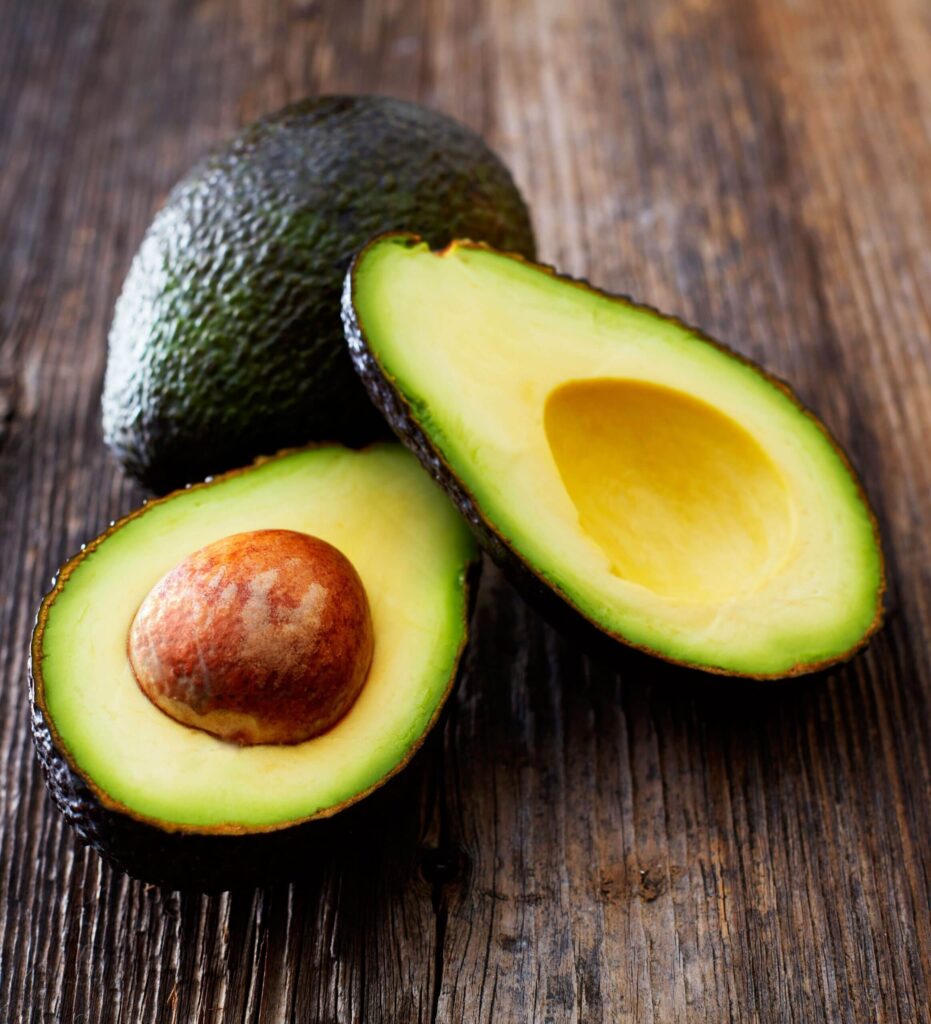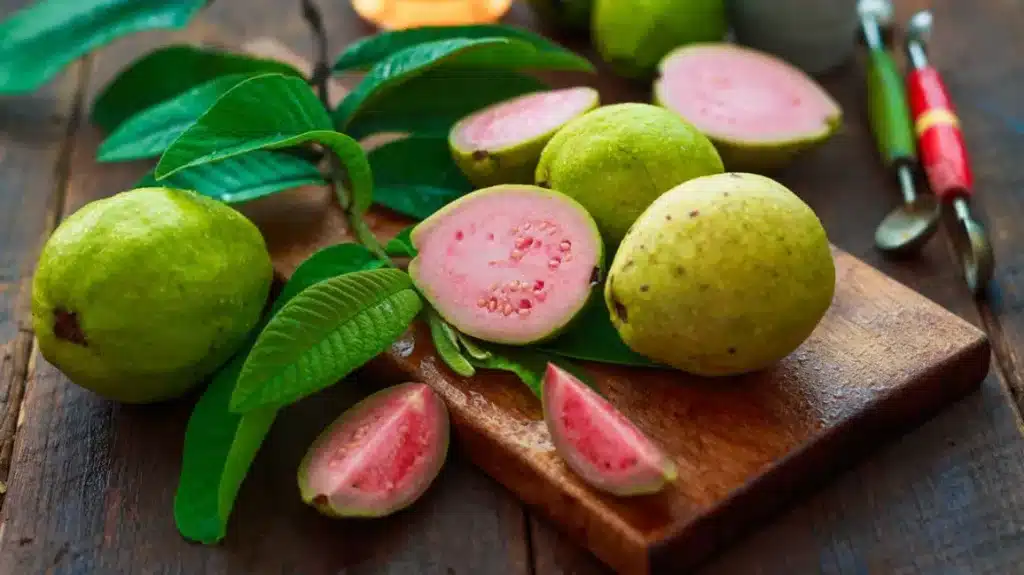Foods that can support your weight loss goals and boost digestive health.
Fiber-Rich Fruits For Weight Loss
Avocado

Total Dietary Fiber: 9.2 g (Medium California Avocado), 17 g (Medium Florida Avocado)
Calories: 160
Insoluble Fiber: 5.8 g (California Avocado), 13.9 g (Florida Avocado)
Soluble Fiber: 3.4 g (California Avocado), 3.06 g (Florida Avocado)
Other Vital Nutrients: Polyunsaturated fat, Monounsaturated fat, Vitamin E, Vitamin B-6, Vitamin K, Vitamin D, Vitamin A, Magnesium, and Iron.
Raspberry

Total Dietary Fiber: 8.4 g per cup
Calories: 65
Insoluble Fiber: 7.5 g
Soluble Fiber: 0.9 g
Other Vital Nutrients: Vitamin K, Vitamin C, Vitamin A, Folate, Potassium, Calcium, Magnesium, and Phosphorus.
The total fiber present in raspberries is 8.40 g per cup. They are also a rich source of vitamins C, A, K, and folate. Raspberries improve bowel movement and prevent bloating. You can have a raspberry smoothie for breakfast or toss a few raspberries in your oatmeal to give it a different flavor.
RELATED: 6 Drinks that are good for the body and mind
Guava

Total Dietary Fiber: 8.9 g per cup
Calories: 112
Insoluble Fiber: 7.40 g
Soluble Fiber: 1.50 g
Other Vital Nutrients: Vitamin A, Vitamin C, Phosphorus, Calcium, Magnesium, and Potassium.
This sweet tropical fruit is a great source of fiber. A cup of guava contains about 9 grams of fiber and is also loaded with vitamins C and A, magnesium, calcium, potassium, and many phytonutrients. You can have guava as an evening snack or make guava juice for breakfast.
Coconut

Total Dietary Fiber: 35.70 g (fresh, medium sized-coconut)
Calories: 1405
Insoluble Fiber: 31.80 g
Soluble Fiber: 3.90 g
Other Vital Nutrients: Monounsaturated Fats, Polyunsaturated Fats, Vitamin C, Folate, Choline, Magnesium, Phosphorus, Potassium, Calcium, and Iron.
Coconut is not a nut; it is a fibrous one-seeded drupe. The liquid endosperm inside the coconut is rich in vitamins and minerals. It is a natural electrolyte and is great for rehydration, weight loss, and better skin. As the coconut ripens, the endosperm transforms into edible flesh, which is rich in vitamin E and dietary fiber. You can add grated coconut flesh to your breakfast bowl, casserole, or salad, or just eat the coconut alone. It’s sweet, crunchy, and satisfying.
RELATED: How To Lower Cholesterol
Pear

Total Dietary Fiber: 4 g (one medium-sized pear)
Calories: 103
Insoluble Fiber: 1.80 g
Soluble Fiber: 2.20 g
Other Vital Nutrients: Vitamin A, Vitamin C, Vitamin K, Folate, Choline, Magnesium, Phosphorus, Potassium, and Calcium.
This sweet, granular, fiber-rich, and cholesterol-free fruit is tasty and easily available. You can have it as it is or gets a little creative and add it to your dessert, stew, grill, or salad.

